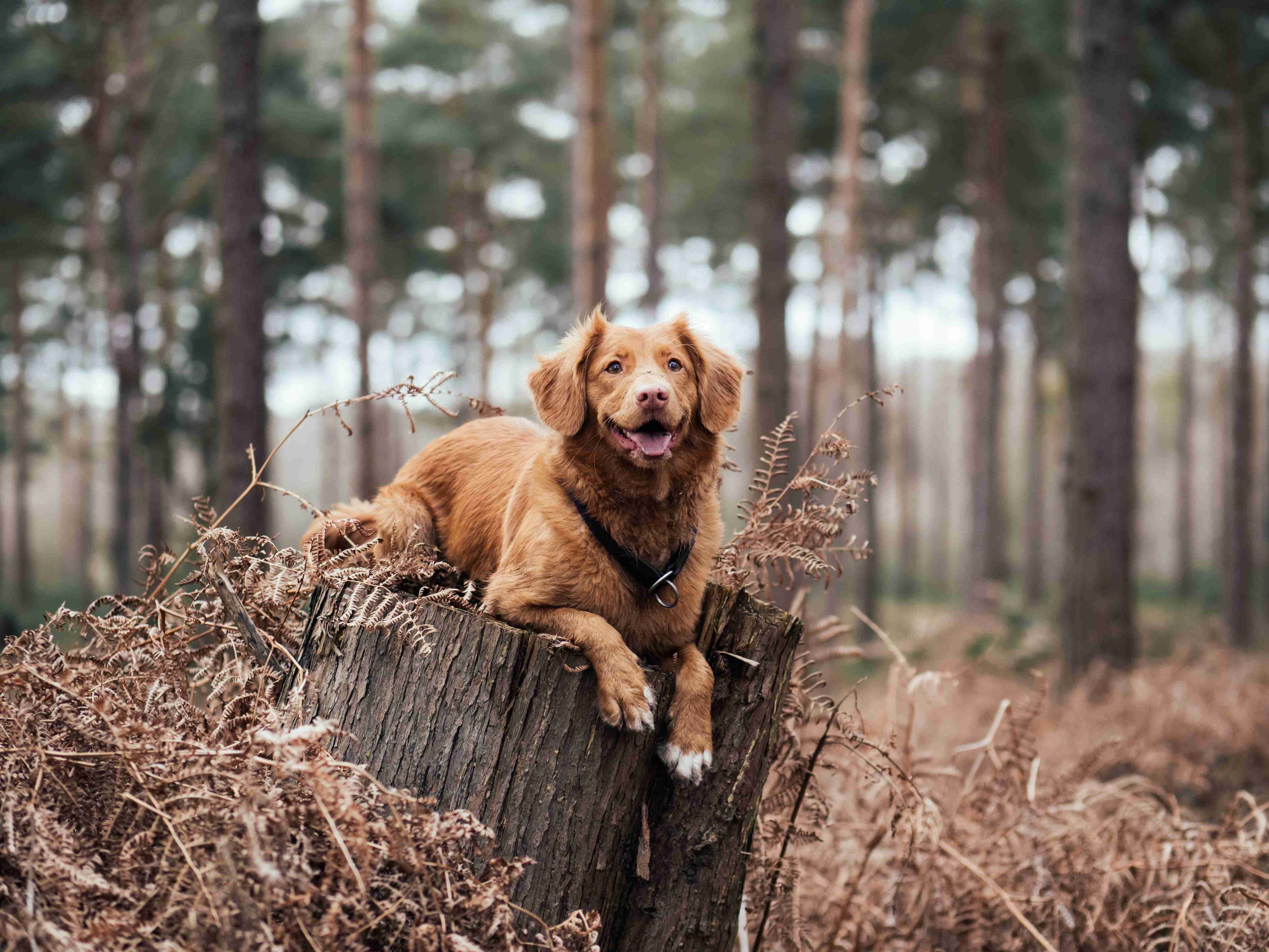As a proud owner of a Bernese Mountain puppy, you probably already know that these fluffy balls of energy are one of the most adorable and lovable breeds out there. However, raising and training a Bernese Mountain puppy comes with its own set of unique challenges. One of the most important aspects of puppyhood is proper training, but many new owners make common mistakes that can hinder their pup’s progress. In this blog post, we’ll discuss the top 5 mistakes to avoid when training your Bernese Mountain puppy, so you can ensure a happy and well-behaved furry friend. Whether you’re a first-time owner or a seasoned pro, these tips will help you build a strong foundation for a lifelong relationship with your pup.
Training a Bernese Mountain puppy can be an exciting and rewarding experience. Bernese Mountain dogs are known for their loyalty, affectionate nature, and intelligence. However, training a Bernese Mountain puppy can be a challenging task, especially if you are new to dog training.
In this comprehensive guide, we will discuss the top 5 mistakes to avoid when training your Bernese Mountain puppy. From socialization to obedience training, we will cover everything you need to know to ensure that your Bernese Mountain puppy grows up to be a well-behaved and happy dog.
Mistake #1: Not Socializing Your Puppy
Socialization is one of the most important aspects of training a Bernese Mountain puppy. Socialization involves exposing your puppy to various people, animals, and environments, such as parks, beaches, and other public places. By doing so, you can help your puppy develop good social skills and prevent behavioral problems such as anxiety and aggression.
To socialize your Bernese Mountain puppy, you should start by introducing them to new people and animals gradually. You can also join puppy socialization classes or take your puppy to dog parks. However, be careful not to overwhelm your puppy with too many new experiences at once.
Mistake #2: Using Punishment-Based Training Methods
Using punishment-based training methods such as hitting or yelling at your puppy can be counterproductive. Punishment can cause your puppy to become fearful, anxious, and aggressive. Moreover, punishment-based training methods can damage your relationship with your puppy and make them less likely to listen to you.
Instead of using punishment-based training methods, you should focus on positive reinforcement. Positive reinforcement involves rewarding your puppy with treats, praise, and playtime when they exhibit good behavior. Positive reinforcement will encourage your puppy to repeat good behavior and make the training process more enjoyable for both you and your puppy.
Mistake #3: Not Consistently Enforcing Rules
.png)
Consistency is key when training your Bernese Mountain puppy. If you are not consistent in enforcing rules, your puppy may become confused and frustrated. For example, if you allow your puppy to jump on the couch one day and scold them for doing so the next day, your puppy will not understand what is expected of them.
To avoid this mistake, you should establish clear rules and boundaries for your puppy from the beginning. You should also enforce these rules consistently and reward your puppy for following them.
Mistake #4: Not Providing Enough Exercise and Mental Stimulation
Bernese Mountain dogs are a large and active breed that requires plenty of exercise and mental stimulation. If your puppy does not get enough exercise or mental stimulation, they may become bored and destructive.
To prevent this, you should provide your puppy with plenty of opportunities to exercise and play. You can take your puppy for walks, play fetch, or enroll them in agility classes. You should also provide your puppy with plenty of toys and puzzles that will challenge their mind and keep them entertained.
Mistake #5: Not Starting Training Early Enough
Starting training early is crucial when it comes to training your Bernese Mountain puppy. The earlier you start training, the easier it will be to establish good habits and prevent bad ones. Moreover, starting training early will help your puppy develop good social skills and prevent behavioral problems.
To start training your puppy early, you should begin as soon as you bring them home. You should start with basic commands such as sit, stay, and come. You can also enroll your puppy in obedience classes to learn more advanced commands and socialization skills.
Conclusion
Training your Bernese Mountain puppy can be a challenging but rewarding experience. By avoiding these 5 common mistakes, you can ensure that your puppy grows up to be a well-behaved and happy dog. Remember to socialize your puppy, use positive reinforcement, be consistent, provide plenty of exercise and mental stimulation, and start training early. With patience, consistency, and love, you can train your Bernese Mountain puppy to be a loyal and well-behaved companion for many years to come.
Training a Bernese Mountain puppy can be a challenging but rewarding experience. By avoiding the common mistakes mentioned in this article, you can ensure that your furry companion receives the best possible training and care. Remember to be patient, consistent, and positive in your approach, and always prioritize your puppy’s well-being. With time and effort, your Bernese Mountain puppy will grow into a well-behaved and loving companion that you can be proud of. Good luck!


.png)
%20-%20Copy.png)
%20-%20Copy.png)

%20-%20Copy.jpg)

%20-%20Copy.jpg)